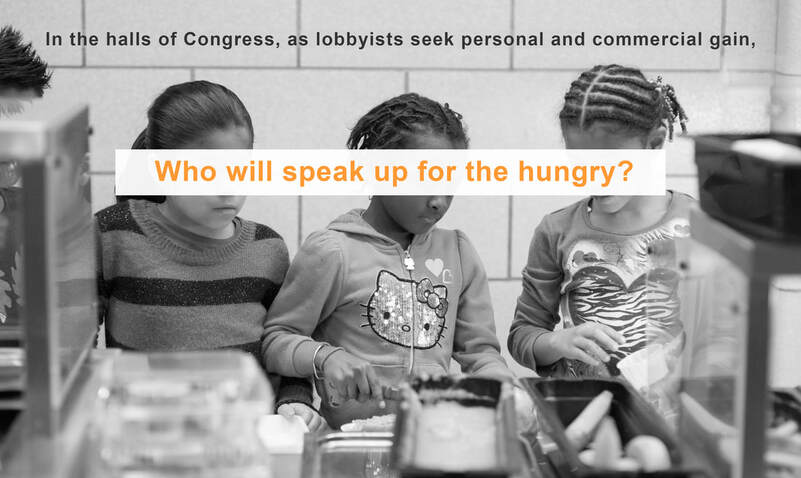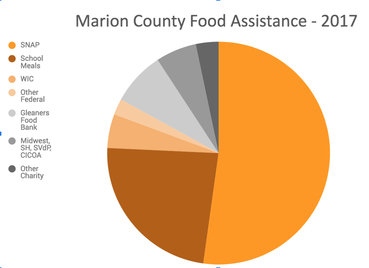Our faith calls us to seek a world where no one goes hungry. We cannot end hunger if government doesn't do its part.
|
What We Do
Bread for the World is a collective Christian voice urging our state and our nation's decision makers to end hunger at home and abroad. Working through churches, campuses, and other organizations, Bread informs and equips people to advocate for local and federal legislation that will help end hunger and poverty. We can end hunger in our state and in our world, but churches and charities can’t do it all; our government must also do its part. For more about Bread's programs and how to get involved, visit our What We Do page.
|
"Bread for the World
is the preeminent voice for the hungry in the halls of Congress." - Mr. Jim Morris, former Executive Director, UN World Food Programme Sign up for our newsletter to receive updates and ways to connect
Want more information on how to host an Offering of Letters at your congregation? contact Charlie Gardner: [email protected]
"Bread for the World members are not most folks. When it comes to anti-hunger advocacy, we don't check the opt-out box because the policy is complex or the numbers seem daunting. We don't turn to other issues because partisanship has heated up, legislation is blocked up, and people are fed up.”
— Amelia Kegan, Bread for the World senior policy analyst Support our work
|


